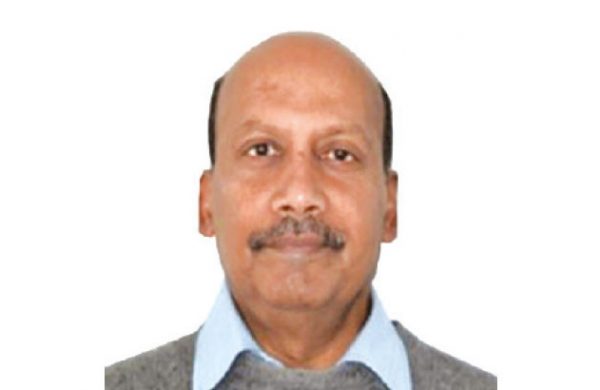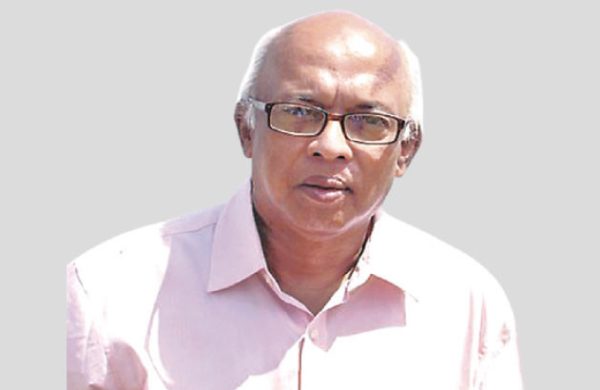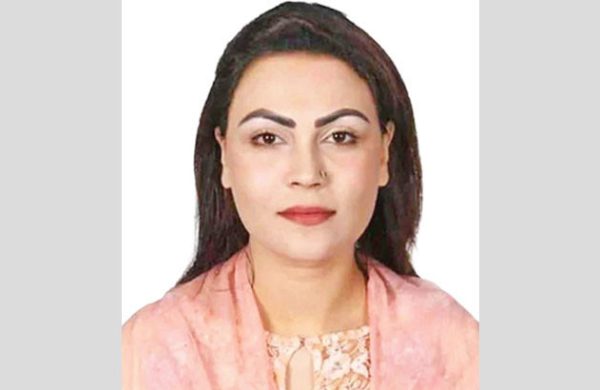Are newspapers in Bangladesh independent?
- Update Time : Friday, January 17, 2025

–Taufiqur Rahman–
We read newspapers every day. We want to know whether the July uprising lessons are seriously understood by the people in power. We get the sense that political leaders are not serious about reforms that will curtail their power and improve accountability to people. Political leaders’ utterances, which are frequently reported in the news, are not accompanied by critical, in-depth analysis by journalists. This raises a pertinent question: Are our journalists receiving the right training to mirror the journalistic quality of Western democracies?
After the July uprising, we observe some changes in media— journalists are covering more areas and showing more courage to criticise the government. However, we look for critical analysis or investigations that will lead us to the full truth. The sound bites of headlines are meant to catch your attention, but they do not educate you about the issues. We can tell which newspaper is leaning towards which political parties and who is playing safe to protect their skins from the wrath of future governments. Even though Dr Yunus assured repeatedly that the media is free and will not be undermined or bullied by the interim government, most newspapers are apparently failing to grab that opportunity.
In a recent op-ed, Peter Thiel, a billionaire tech entrepreneur in the USA, talked about the Distributed Idea Suppression Complex (DISC). He also mentioned that the internet had already set us free from the DISC prison. We see the same developments in social media where information is shared freely, even on sensitive issues. We see people are freer to express their opinions on X (former Twitter), Facebook, YouTube or Instagram. We see that TV talk shows are giving us critical and thought-provoking information but, on a broader scale, our newspapers are not. We now need to take action to free us from DISC.
Press freedom implies that journalists will fulfil their vital functions in an accountable and responsible way so that people get assurance that the media are seeking the truth and acting to guard the public interest. Gene Policinski and Ken Paulson of US-based Free Speech Centre said, “In a democratic society, a free press is positioned in virtually every community and every state to keep watch on the local government, police, the courts, and the criminal justice system.
A press that is not controlled by the government sits in the nation’s courtrooms as a guardian and watchdog over the people’s rights to an independent judiciary, a fair trial and equal protection under the law.”
Media has serious responsibilities to expose the truth, educate the public, and improve the intellectual faculty of a nation. It plays a critical role in facilitating modern thinking in society. But our media has largely failed to play that role. The problem that we mention here is not only in Bangladesh, but I see the same style of reporting in Pakistan, India, Nepal and Sri Lanka. This is why our region continues to be plagued by corrupt practices. Our politicians and bureaucrats know that they can continue their corrupt practices with impunity as no one will expose them and ask for punishment under existing laws. The citizens continue to be disempowered as the media is silent. No one likes to stand against the powerful because many media are owned by rich people.
Walter Cronkite, famous USA broadcast journalist said, “Freedom of the press is not just important to democracy, it is democracy.” A strong and free media is fundamental to protecting democracy and rule of law in Bangladesh. The government’s effectiveness is explained by the level of well-informed citizens, who use the press to learn more about politicians and public servants. Shorenstein Centre Research Director Joan Donovan said, “Understanding public purpose will be the key to ongoing reform to save journalism and to really defend society.” Matt Baum, the Marvin Kalb Professor of Global Communications at Harvard University, said, “It is important to think of the demand side, what do citizens want and why do they want it? We really do know from decades of research that, given the opportunity, people prefer news and information that is pleasant to consume and there are some pretty clear consequences of that.” Free press will improve citizens’ access to information and will make it more difficult for politicians and public servants to cover up or get away with corrupt behaviour. And the standard of governance will improve when we see more accountability of public servants.
After analysing national newspapers’ reports, our curious minds want to know: do we have the capacity to deliver on peoples’ need for truth and accountability? Are journalists seriously getting capacity-building training and quality journalism education? Are journalists able to deal with the fear factor of their profession? Are journalists getting mental support to deal with their difficult tasks? In Freedom of Press ranking in August 2024, Bangladesh ranks 165th out of 180 countries. This means that our newspapers are not meeting the requirements of media freedom.
Five actions are proposed to improve media quality to embrace media freedom. They are (a) simple reporting with simple words for ease of understanding by common people, (b) collaboration with Western media on training and reporting quality, (c) editors jointly updating standards for disclosing how news is collected, reported, and disseminated, (d) label news, opinion, and fact-based commentary to avoid blurring lines between content and commerce, and (e) update policy guidelines to protect journalists rights and personal safety. And then develop a consensus among all editors to abide by these actions and work with universities and the government to improve existing journalism course curricula and national policies.
_____________________________________
The writer is an international development expert now based in Maryland, USA



















